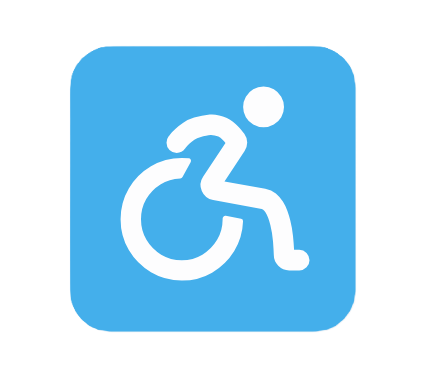The basic premise of Scouting for youth with disabilities is…
every child wants to participate fully and be treated and respected like every other member of the Cub Scout pack.
The following is intended to give some general notes from the resources found in the main “Scouts with Special Needs” page. As you are likely aware, the overall Scouting America program is comprised of various groups. This page and website are intended to highlight specifically Cub Scouts issues. Scouting America has much larger amount of resources and information for all of Scouting.
Wolf Den Leader Guidance (from 2018 Wolf Den Leader Guide)
- Children with cognitive, physical, or emotional disabilities should be encouraged to participate in Scouting to the extent their abilities will allow.
- Many Scouts with disabilities can accomplish the basic skills of Scouting but may require extra time to learn them.
- Working with these youth will require patience and understanding.
- Begin with the Cub Scout and the child’s parents or guardians; seek guidance from them on how best to work with the Scout with special needs.
- To the fullest extent possible, Scouts with disabilities should be given opportunities to camp, hike, and take part in all activities.
- The best guide to working with Scouts who have disabilities is to use good common sense, to trust your instincts, and to focus on all the potential that Cub Scouts with disabilities do have.
- Accept the child, offering patience, understanding, and respect. Try not to overprotect or under-assist, rather encourage independence and self-advocacy.
- If there is a learning disability:
- Simplify complex directions. Give one or two steps at a time.
- Make sure the Scout comprehends the instructions before beginning the task.
- Repeat instructions in a calm, positive manner, if needed.
Guide to Advancement 2021
- Advancement is so flexible that, with guidance, most Cub Scouts with disabilities can complete requirements.
- The standard is, “Has the Cub Scout done his or her best?”
- Cubmasters and pack committees may jointly determine appropriate substitutions that are consistent with the Cub Scout doing his or her best.
Introduction to Working with Scouts with Special Needs and Disabilities
Rather than select a few quick points, I highly recommend just reading this short document in its entirety. The file may be found here.
Tips for Working with Scouts with Disabilities
- Provide structure and routine.
- Ensure rules & expectations are made clear.
- Allow extra time for processing instructions and completing the activity.
- Give time warnings.
- Have a signal the Scout can use when they need a break.
- Alert parents if you’re going to have an activity that might trigger sensory
issues. - Be prepared and plan ahead.
- Always have a plan B.
- Discuss friendship & social skills with the whole den, pack, patrol or troop.
- Adapt activities as needed.


